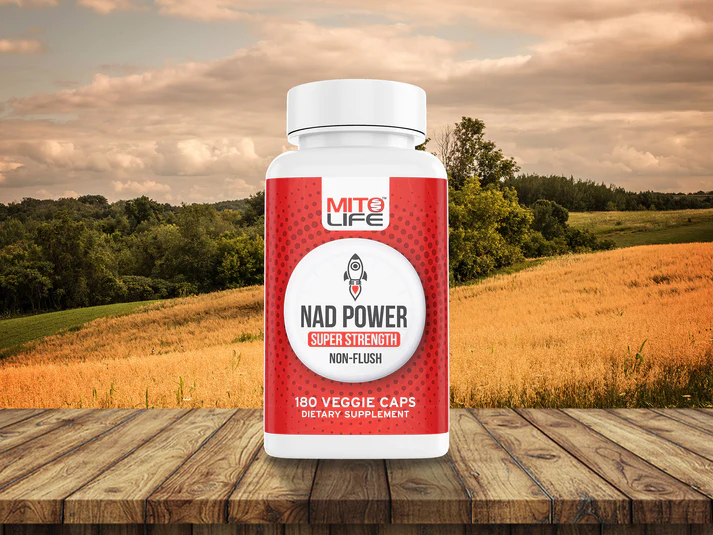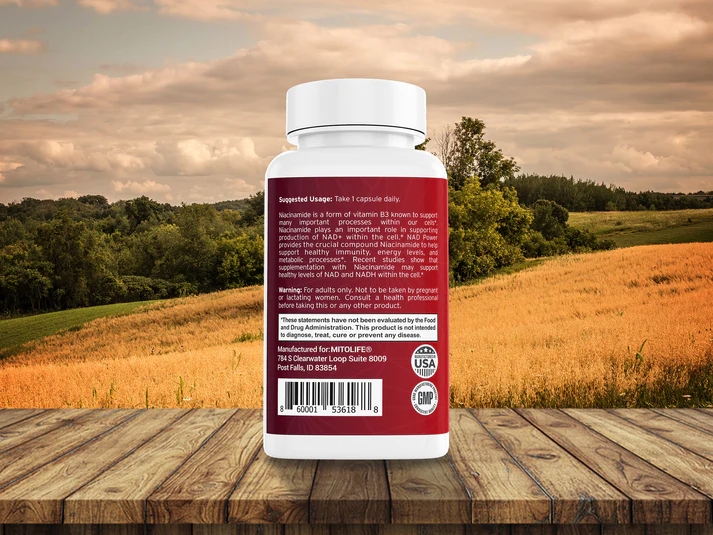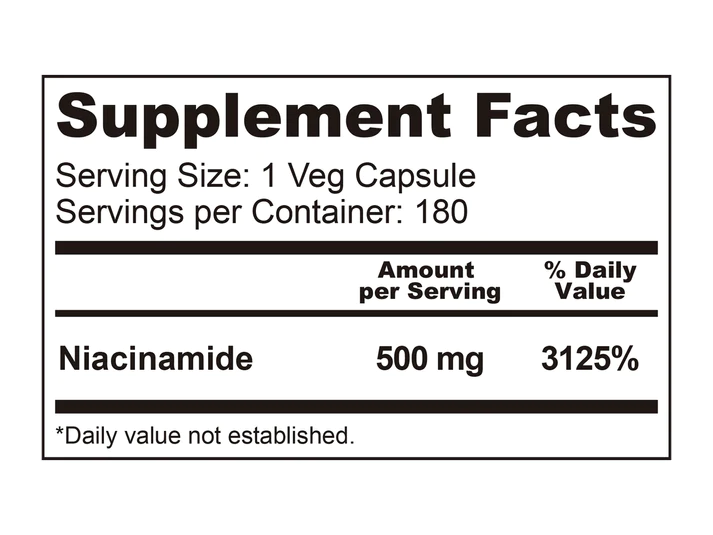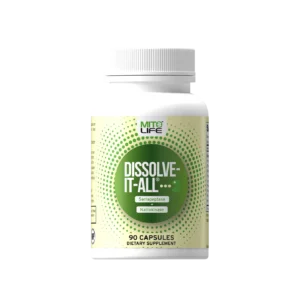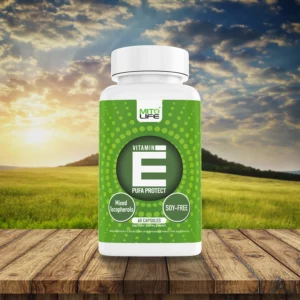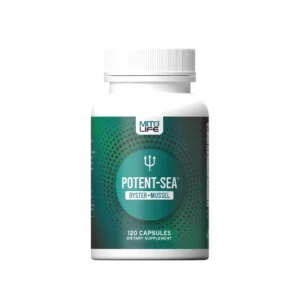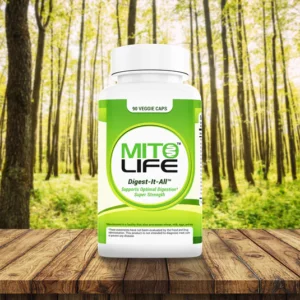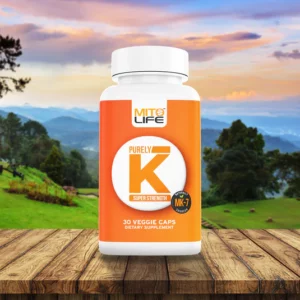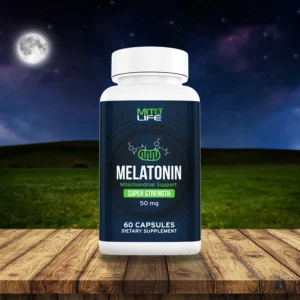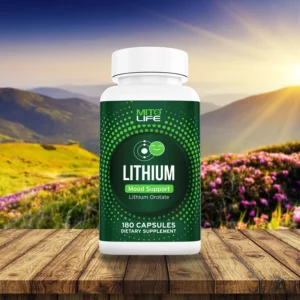Description
While vitamin B12 tends to get the spotlight, vitamin B3 is often overlooked. It is a nutrient critical for proper mitochondrial energy production and basic metabolic processes. If it is contained in a multivitamin, it is under-dosed while other nutrients best acquired from food are overdosed.
Niacinamide is a precursor of nicotinamide adenine dinucleotide (NAD+) and is involved in a multitude of intra- and inter-cellular processes, which regulate some of the cell’s metabolic, stress, and immune responses to physiological or pathological signals.
Niacinamide is readily converted into the active forms of niacin: NAD+, NADH and NADPH, which are co-factors in cellular energy production, help to maintain DNA stability, and allow over 200 enzymatic reactions to take place.
Once niacinamide is converted into NAD+ it acts as the buffer for cells to regulate the aging process. NAD+ levels tend to drop with age and consistently decline. When we are young, our cells have an abundance of NAD+.
NAD+ regulation by supplementing with niacinamide is known to be a key compound in the anti-aging research arena. David Sinclair, the scientist most people think of when it relates to aging, uses another form of niacinamide known as NMN to support this. Inevitably NMN does the same thing as niacinamide, but it is more marketable for his research.
NAD stands for nicotinamide adenine dinucleotide, which is a key enzyme that allows the production of adenosine triphosphate, or ATP, cellular energy. Niacinamide has been investigated for potential neuroprotective effects in cellular, animal, and human studies (Rennie, et al., 2015).
BENEFITS:
- Increases mitochondrial energy production
- Neuroprotective
- Reduces pigmentation, wrinkles and sebum production
- Acts as an antioxidant
- Suppresses SIRT2 gene, which may extend lifespan
- Protects against ultraviolet-induced skin damage and immune suppression
- Suppresses the SIRT1 gene (Ref)
- Inhibits the release of free fatty acids (Ref) (which may improve glucose utilization)
- Decreases prostaglandin synthesis (Ref)
- Inhibits nitric oxide
- Reduces serotonin synthesis
- Protects the pancreas, nerves, vascular cells
- Increases metabolic rate
Niacinamide is an anti-inflammatory vitamin that has proven to be beneficial for conditions such as acne, rosacea, dermatitis, skin photo-aging, age-related cognitive decline, Alzheimer’s disease, Parkinson’s disease, and for ischaemic and traumatic brain injury. If the foundation of balanced nutrition is in place (no diets), then supplementing the right form of vitamin B3 may help to decrease fatigue and support mitochondrial ATP production.
STUDIES:
NAD+ and Vitamin B3: From Metabolism to Therapies
Nicotinamide and neurocognitive function
Nicotinamide restores cognition in Alzheimer’s disease transgenic mice


